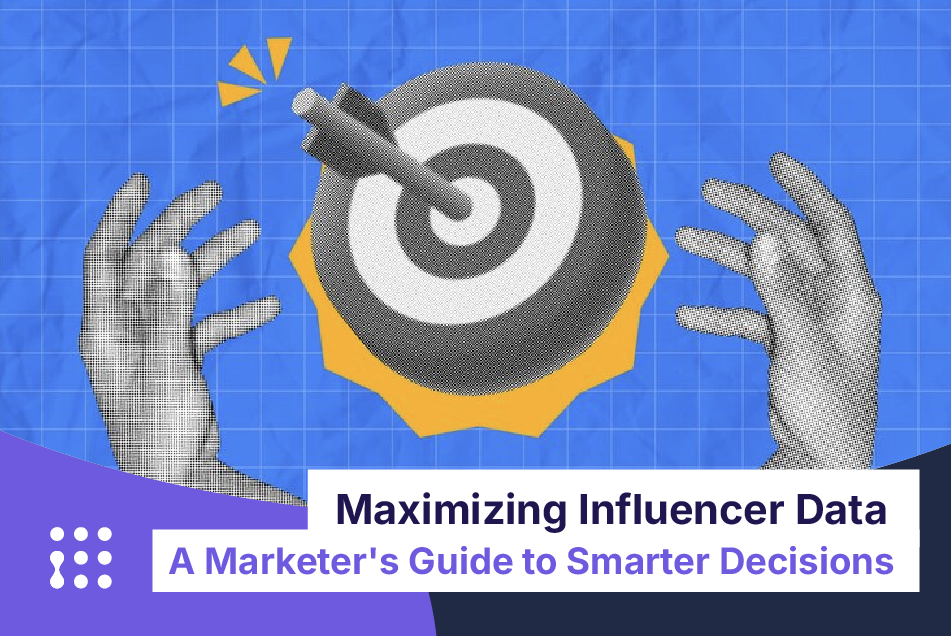In today’s digital age, influencer marketing has emerged as a powerful tool for brands to connect with their target audiences. However, as this marketing strategy continues to evolve, influencer laws surrounding it vary greatly from one country to another.
Some nations have established specific rules to govern influencer marketing, while others rely on existing marketing regulations to address this rapidly growing industry. Surprisingly, there are even countries where influencer marketing remains unregulated.
In this article, we explore the diverse landscape of influencer marketing regulations around the world, shedding light on ongoing debates, emerging trends, and the importance of understanding legal frameworks in different jurisdictions.
In the end, you will find our comprehensive guide to influencer marketing regulations, a full ebook to help you create a law-complying campaign anywhere in the world.
What are the regulations for influencers?
Influencers fall under many different regulations depending on the country they operate in and where their audience is based. And while each country has slightly different laws and bodies governing influencers and influencer marketing there are three things to look out for:
- Disclosure regulations: how is required to flag the sponsored content in order to be complying with the local authorities
- Advertising Authority Code of Ethics: many countries do not have specific regulations about influencer marketing but refer to already established practices by the local self-governing advertising authority body.
- Common practices: while some countries may not have regulations in place there are often self-imposed practices that are respected and even if is not mandatory to follow them is the best practice to follow them.
When there are regulations in place countries have followed three routes to create their code of conduct:
New influencer laws:
Countries worldwide have taken different approaches to influencer marketing regulations. While some nations have implemented comprehensive guidelines, others are still in the process of considering or developing regulations. When new regulations are introduced often revolve around disclosure requirements, transparency, and consumer protection, aiming to ensure that influencers and brands maintain ethical practices and provide accurate information to their audiences.
Leveraging existing laws:
In the absence of targeted influencer marketing regulations, several countries have turned to existing marketing guidelines to regulate this industry. These regulations may encompass advertising standards, consumer protection laws, and general principles of fair competition. By applying these broader marketing regulations, governments seek to maintain a level playing field for all advertisers and protect consumers from misleading or deceptive practices, even in the context of influencer marketing.
Ongoing debates and experimentation:
Given the rapid growth of influencer marketing, many countries are actively debating and reevaluating their regulations. Governments and regulatory bodies are exploring ways to strike a balance between fostering innovation and safeguarding consumer interests. Some key areas of debate include the definition of influencers and their legal responsibilities, disclosure requirements, the role of social media platforms in monitoring content, and the distinction between organic and sponsored content.
World’s regulations
As influencer marketing regulations continue to evolve, it becomes increasingly important for marketers, influencers, and brands to stay informed about the legal landscape. To aid professionals in this dynamic field, we have compiled an exclusive ebook that collects the current regulations and guidelines from various countries around the world. This comprehensive resource provides an invaluable reference for understanding the legal requirements and best practices in influencer marketing, regardless of the jurisdiction.
Download it here:
This article is part of our series on influencers’ regulations. You can find the other articles here:
Regulation in English-speaking countries
Influencer regulation in Latin America





